Delta conducted a baseline greenhouse gas inventory for the Village of Skokie (IL) to assess current emissions and provide recommendations for reductions across all municipal departments and sectors.
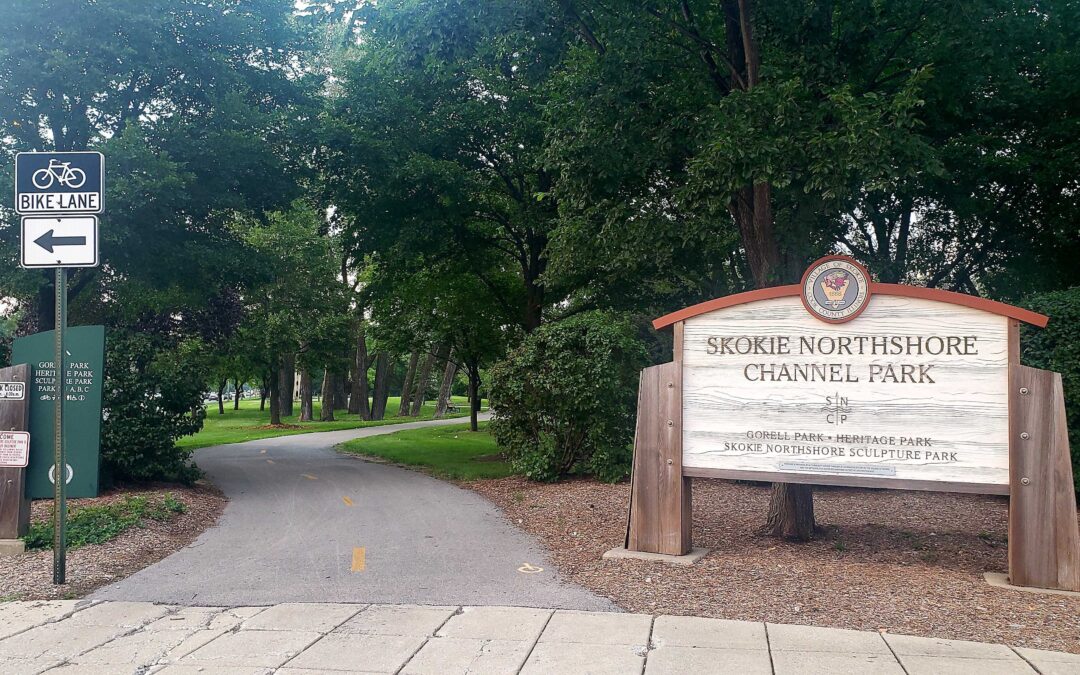
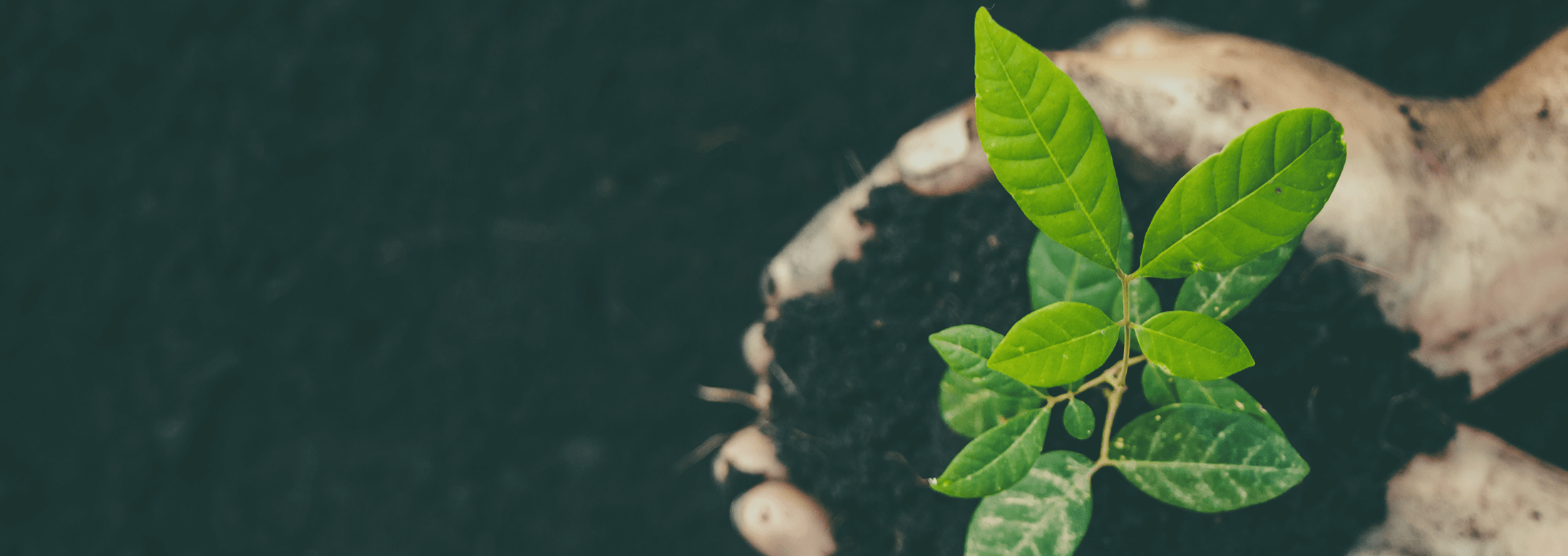

Delta conducted a baseline greenhouse gas inventory for the Village of Skokie (IL) to assess current emissions and provide recommendations for reductions across all municipal departments and sectors.
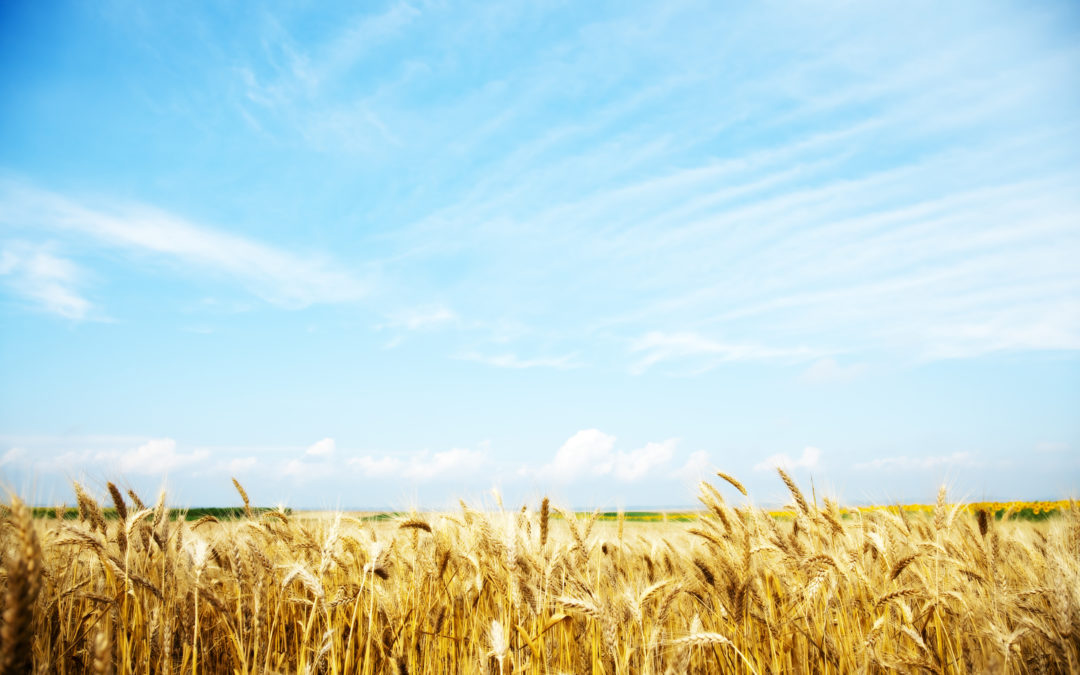
Delta partnered with the Conservation Fund and Champaign County Soil and Water Conservation District to develop and test a framework for an Illinois-centric program that would offer farmers financial incentives to implement soil health practices, also known as “Pay for Performance.”
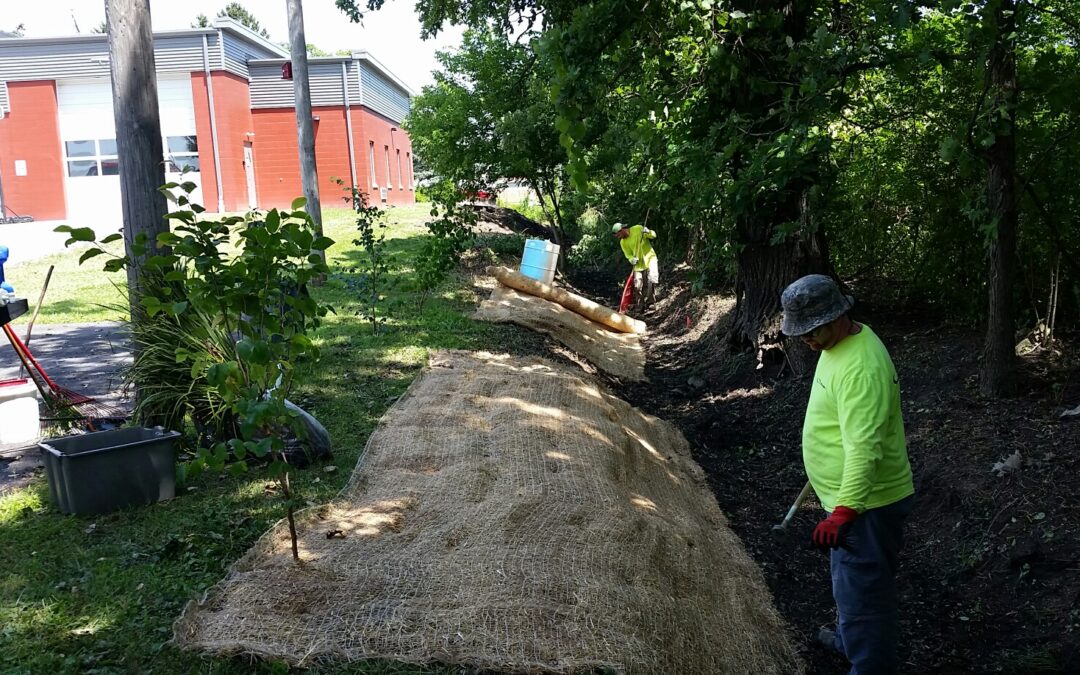
Delta Institute (Delta) is examining the barriers preventing Green Infrastructure from being installed across the Great Lakes at the scale needed to address climate change. Delta’s research will inform the development of potential support services that will help municipalities overcome these barriers and improve local water quality, reduce flooding, and improve quality-of-life for their residents.
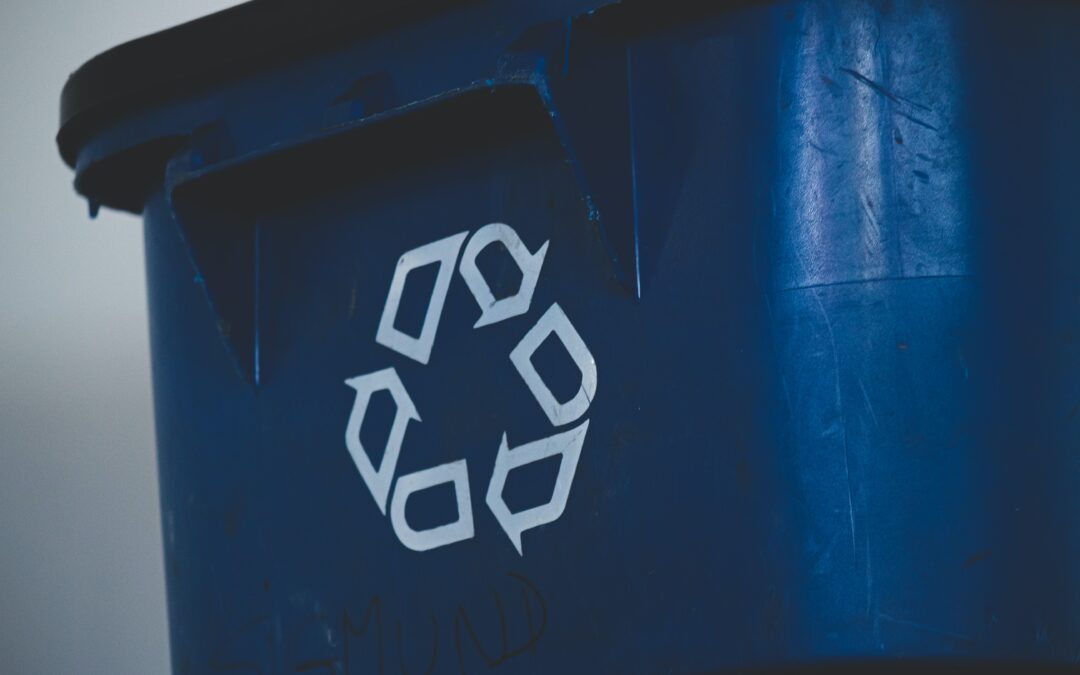
Delta Institute has partnered with McHenry County, IL, to create both a county-wide solid waste management strategy (2012) and provide a 10-year update in 2022.
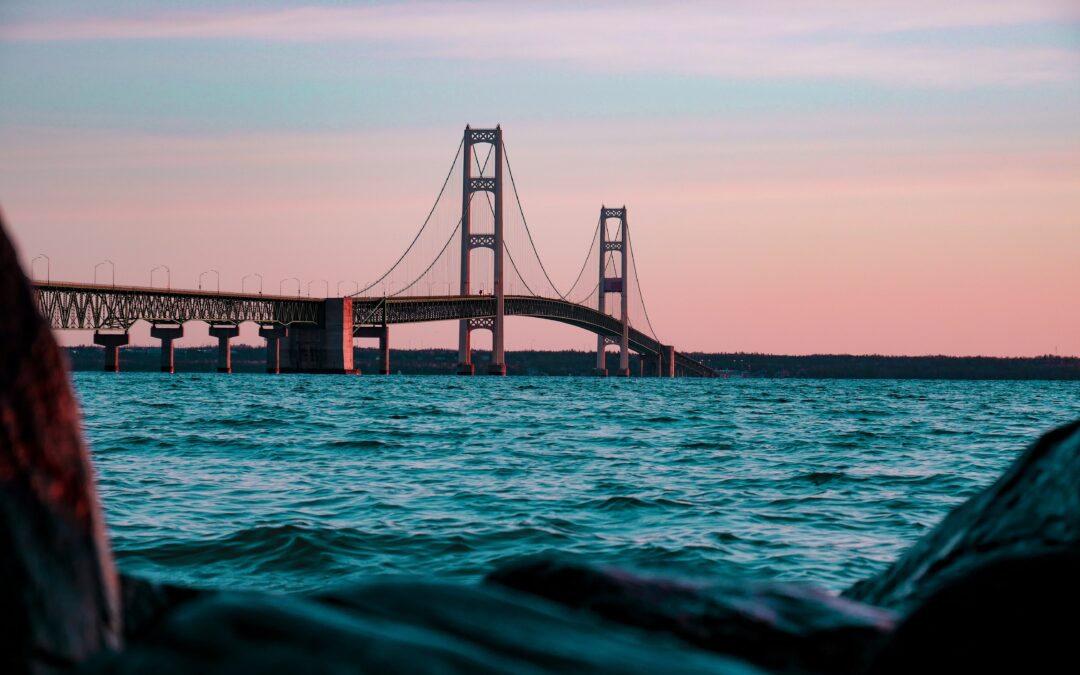
Delta Institute (Delta) joined the Resilience Innovation Hub, focused on increasing community adaptability while lowering insurance premiums. We are undertaking activities focused on understanding the barriers to implementing resilience activities at the local and regional scale while creating innovative solutions to assist communities to implement projects and initiatives to mitigate and adapt to the impacts of climate change.
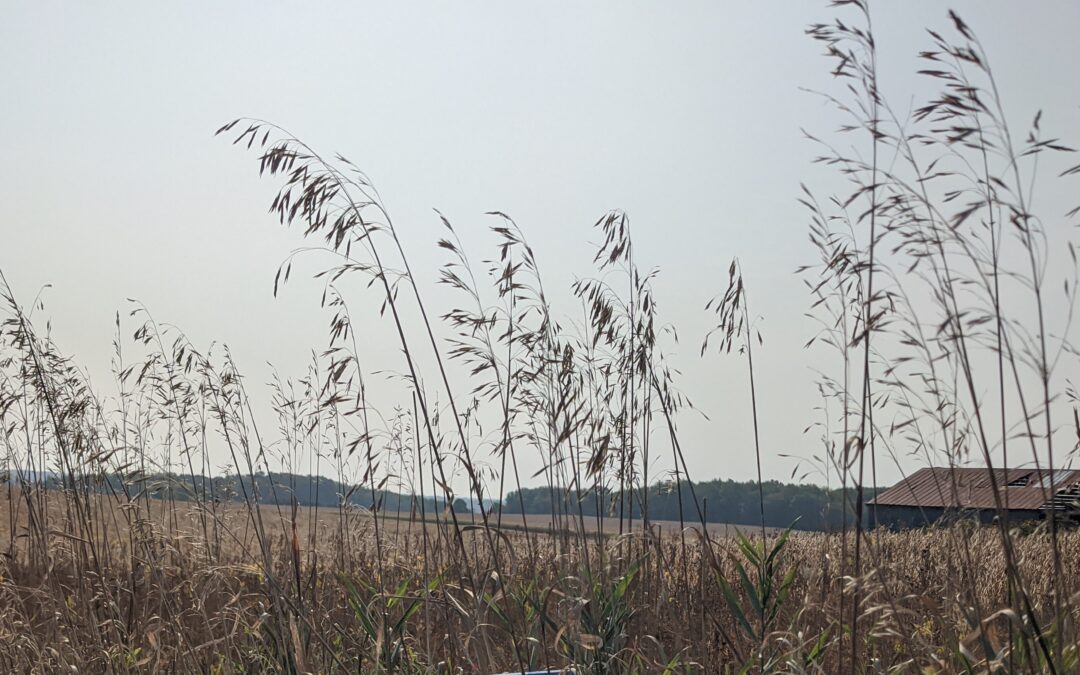
Delta engaged landowners, land managers, and farmers to implement conservation practices in Southeastern Michigan, thus improving environmental outcomes, while exploring soil health as a core component of the land valuation and appraisal process of Michigan’s working lands.
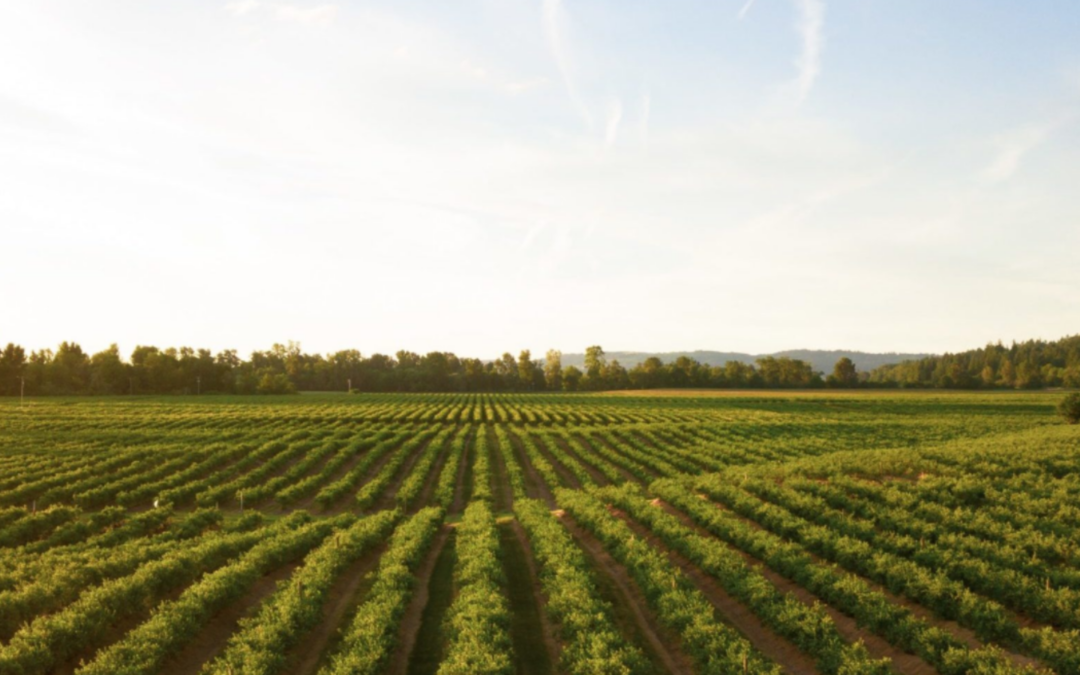
To assess conservation adoption in Illinois and identify key factors that lead to higher adoption rates, Delta Institute (Delta) and the Environmental Working Group partnered to identify conservation hotspots. We utilized publicly available data to identify where conservation practices are being adopted. Where we had datasets that covered extended time ranges, we also assessed the longevity of conservation behavior. Additionally, an interactive map was created to facilitate further exploration of the data.
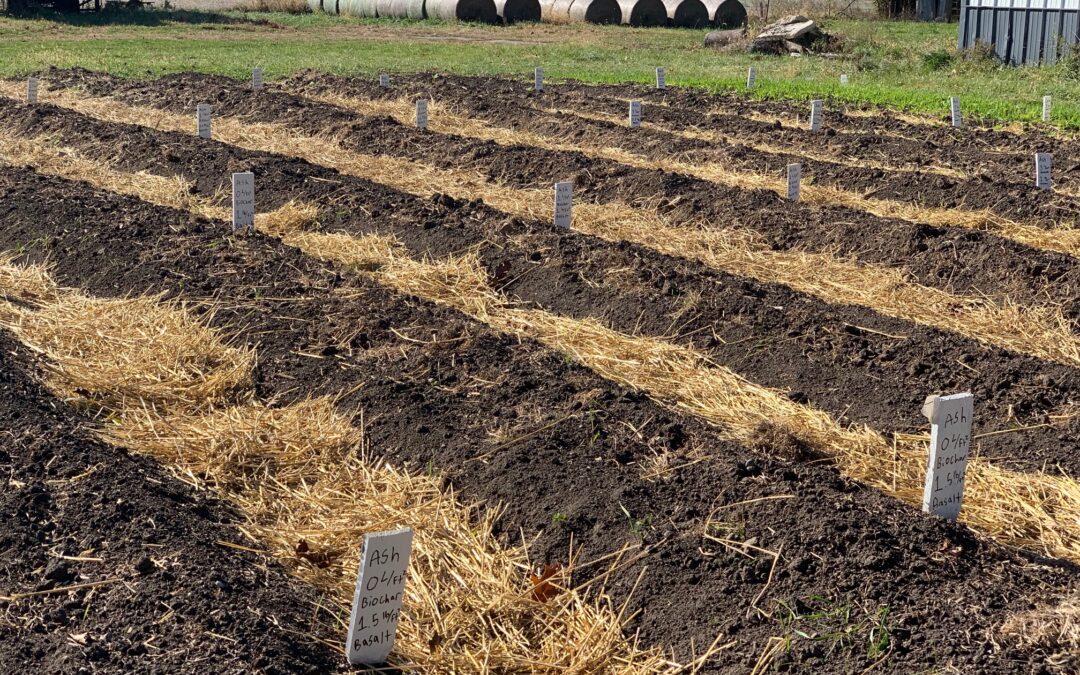
Delta Institute provided consulting and strategic guidance to Zumwalt Acres, a regenerative agriculture-focused family farm in Sheldon, Illinois. Regenerative practices include agroforestry, biochar, natural soil amendments, and other practices; a robust regenerative agriculture apprenticeship is also a core program.
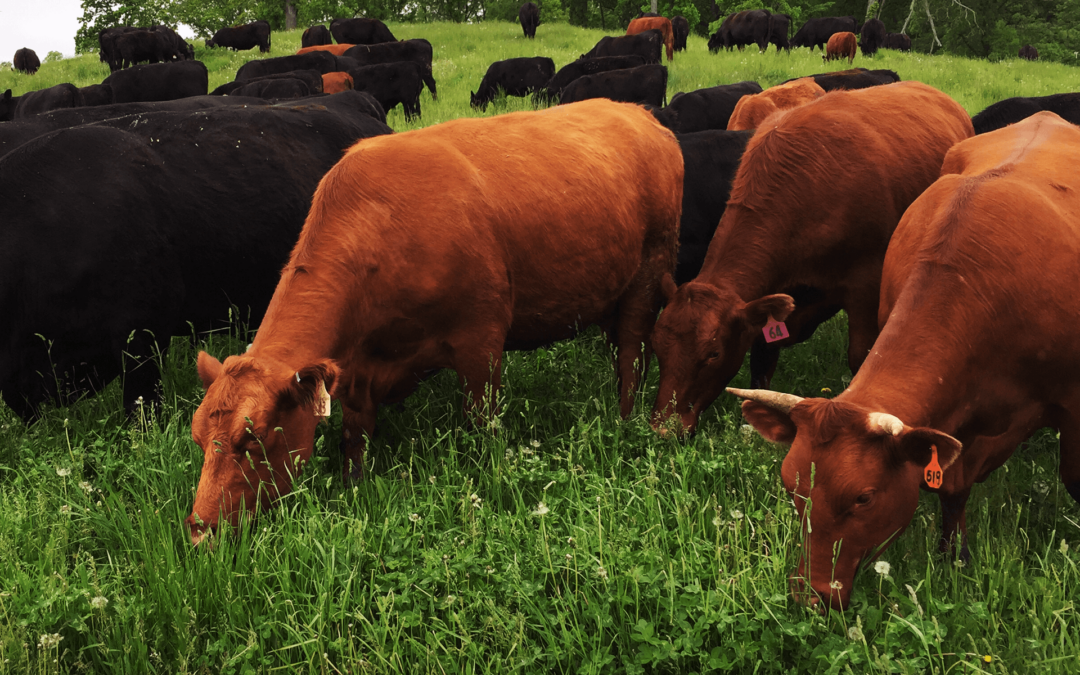
Delta Institute (Delta) has spent more than three years analyzing the myriad of economic and environmental benefits associated with expanding regenerative grazing and grass-fed production in Illinois to provide a market-driven evolution of farming methodology. Through our work, we have developed a clear picture of grass-fed beef supply and demand in Illinois, establishing a target for additional acres of regenerative grazing needed in the coming years to meet Chicago’s growing grass-fed beef market.
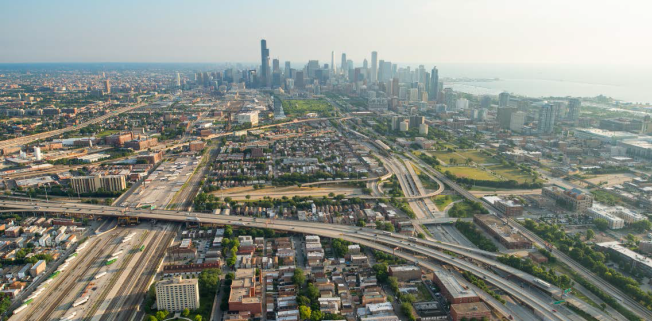
The City of Chicago has the opportunity to implement strategies to tackle waste and materials management that impact our economy, environment, and citizens every day. These strategies offer opportunities to reduce waste; increase diversion through reuse, recycling, and composting; reduce costs; and increase economic and environmental justice opportunities.
Delta Institute (Delta) was hired by the City of Chicago Office of the Mayor to conduct a comprehensive assessment of the entire municipal waste system and its directly related impacts on the community. As a core part of our efforts, Delta developed a holistic, pragmatic roadmap with short-term recommendations for 2021-2022 to re-envision what materials management in Chicago could look like, while ultimately turning waste into resource.
Create a thriving Midwest for tomorrow by supporting Delta today.